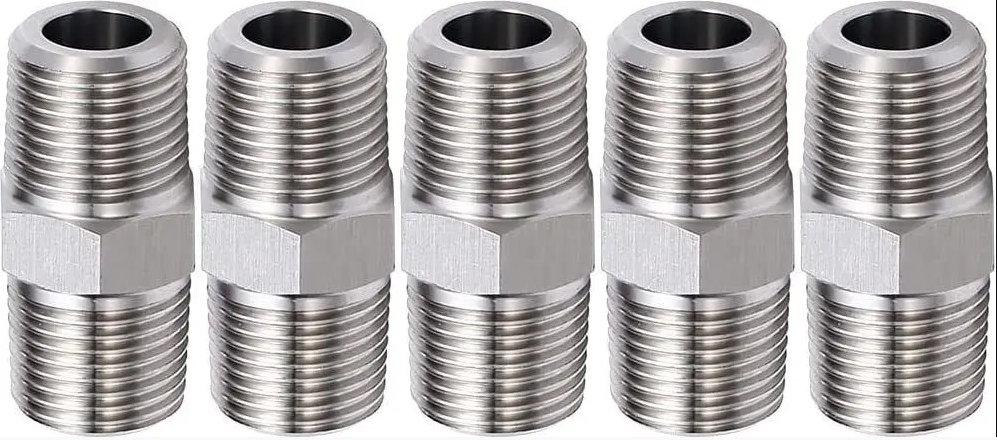
-
 Afrikaans
Afrikaans -
 Albanian
Albanian -
 Amharic
Amharic -
 Arabic
Arabic -
 Armenian
Armenian -
 Azerbaijani
Azerbaijani -
 Basque
Basque -
 Belarusian
Belarusian -
 Bengali
Bengali -
 Bosnian
Bosnian -
 Bulgarian
Bulgarian -
 Catalan
Catalan -
 Cebuano
Cebuano -
 Corsican
Corsican -
 Croatian
Croatian -
 Czech
Czech -
 Danish
Danish -
 Dutch
Dutch -
 English
English -
 Esperanto
Esperanto -
 Estonian
Estonian -
 Finnish
Finnish -
 French
French -
 Frisian
Frisian -
 Galician
Galician -
 Georgian
Georgian -
 German
German -
 Greek
Greek -
 Gujarati
Gujarati -
 Haitian Creole
Haitian Creole -
 hausa
hausa -
 hawaiian
hawaiian -
 Hebrew
Hebrew -
 Hindi
Hindi -
 Miao
Miao -
 Hungarian
Hungarian -
 Icelandic
Icelandic -
 igbo
igbo -
 Indonesian
Indonesian -
 irish
irish -
 Italian
Italian -
 Japanese
Japanese -
 Javanese
Javanese -
 Kannada
Kannada -
 kazakh
kazakh -
 Khmer
Khmer -
 Rwandese
Rwandese -
 Korean
Korean -
 Kurdish
Kurdish -
 Kyrgyz
Kyrgyz -
 Lao
Lao -
 Latin
Latin -
 Latvian
Latvian -
 Lithuanian
Lithuanian -
 Luxembourgish
Luxembourgish -
 Macedonian
Macedonian -
 Malgashi
Malgashi -
 Malay
Malay -
 Malayalam
Malayalam -
 Maltese
Maltese -
 Maori
Maori -
 Marathi
Marathi -
 Mongolian
Mongolian -
 Myanmar
Myanmar -
 Nepali
Nepali -
 Norwegian
Norwegian -
 Norwegian
Norwegian -
 Occitan
Occitan -
 Pashto
Pashto -
 Persian
Persian -
 Polish
Polish -
 Portuguese
Portuguese -
 Punjabi
Punjabi -
 Romanian
Romanian -
 Russian
Russian -
 Samoan
Samoan -
 Scottish Gaelic
Scottish Gaelic -
 Serbian
Serbian -
 Sesotho
Sesotho -
 Shona
Shona -
 Sindhi
Sindhi -
 Sinhala
Sinhala -
 Slovak
Slovak -
 Slovenian
Slovenian -
 Somali
Somali -
 Spanish
Spanish -
 Sundanese
Sundanese -
 Swahili
Swahili -
 Swedish
Swedish -
 Tagalog
Tagalog -
 Tajik
Tajik -
 Tamil
Tamil -
 Tatar
Tatar -
 Telugu
Telugu -
 Thai
Thai -
 Turkish
Turkish -
 Turkmen
Turkmen -
 Ukrainian
Ukrainian -
 Urdu
Urdu -
 Uighur
Uighur -
 Uzbek
Uzbek -
 Vietnamese
Vietnamese -
 Welsh
Welsh -
 Bantu
Bantu -
 Yiddish
Yiddish -
 Yoruba
Yoruba -
 Zulu
Zulu
Top Companies Specializing in Thread Rolling Equipment and Solutions
The Evolution and Impact of Thread Rolling Equipment Companies
Thread rolling is a critical manufacturing process used to create external threads on metal components, offering superior strength compared to traditional cutting methods. The technology has evolved considerably over the years, leading to the emergence of various thread rolling equipment companies that specialize in this niche yet vital sector. This article explores the significance of these companies, their technological advancements, and the impact they have on various industries.
The Importance of Thread Rolling
Thread rolling is favored in numerous applications due to its ability to produce durable threads with minimal material waste. The process involves placing a metal workpiece between two dies, which then exert pressure to form the desired threads through plastic deformation. This method not only enhances the mechanical properties of the threads but also reduces production costs and cycle times. Industries such as automotive, aerospace, construction, and machinery heavily rely on thread rolling for manufacturing screws, bolts, and specialized fasteners.
Key Players in the Industry
Numerous companies around the world are dedicated to manufacturing thread rolling equipment, each bringing unique innovations and solutions to meet market demands. Some of the prominent players include
1. SWI (Sweeney Engineering) - Known for its robust and precise thread rolling machines, SWI has established a reputation for quality and reliability, catering to high-volume production needs.
2. Nitta Corporation - This company excels in creating thread rolling machines that offer advanced automation features, improving efficiency while minimizing operator fatigue.
4. T. D. Williamson - Focusing on safety and reliability in high-pressure applications, TDW’s thread rolling equipment is heavily utilized in the oil and gas sector.
thread rolling equipment companies

These companies utilize cutting-edge technology, embracing automation and smart manufacturing to produce high-quality equipment tailored to meet the ever-changing needs of the market.
Technological Advancements
One of the significant trends in the thread rolling equipment industry is the integration of technology. Companies are increasingly adopting computer numerical control (CNC) systems, which allow for enhanced precision and repeatability in the manufacturing process. Additionally, advancements in materials science have led to the development of superior die materials that increase the lifespan and performance of thread rolling equipment.
Furthermore, the rise of Industry 4.0—characterized by interconnected machines and the Internet of Things (IoT)—has allowed thread rolling equipment manufacturers to offer smart solutions that enable real-time monitoring and predictive maintenance. This advancement not only improves productivity but also reduces downtime, helping companies maintain their competitive edge.
Challenges and Opportunities
While the thread rolling equipment sector is thriving, it faces several challenges. The global supply chain disruptions, rising material costs, and increasing environmental regulations pose hurdles for manufacturers. However, these challenges are also opportunities for innovation. Companies are now focusing on sustainability by exploring eco-friendly materials and processes, seeking to reduce their carbon footprint.
Moreover, the demand for high-quality, precise components in emerging industries such as renewable energy and electric vehicles is likely to drive growth in thread rolling equipment companies in the coming years.
Conclusion
Thread rolling equipment companies play a vital role in various industries by enabling the production of strong, durable threaded components. As technology continues to advance and market demands evolve, these companies are at the forefront of innovation, adapting to challenges and exploring new opportunities. Their impact on manufacturing efficiency, product quality, and sustainability will undoubtedly shape the future of production processes across a wide range of sectors.
